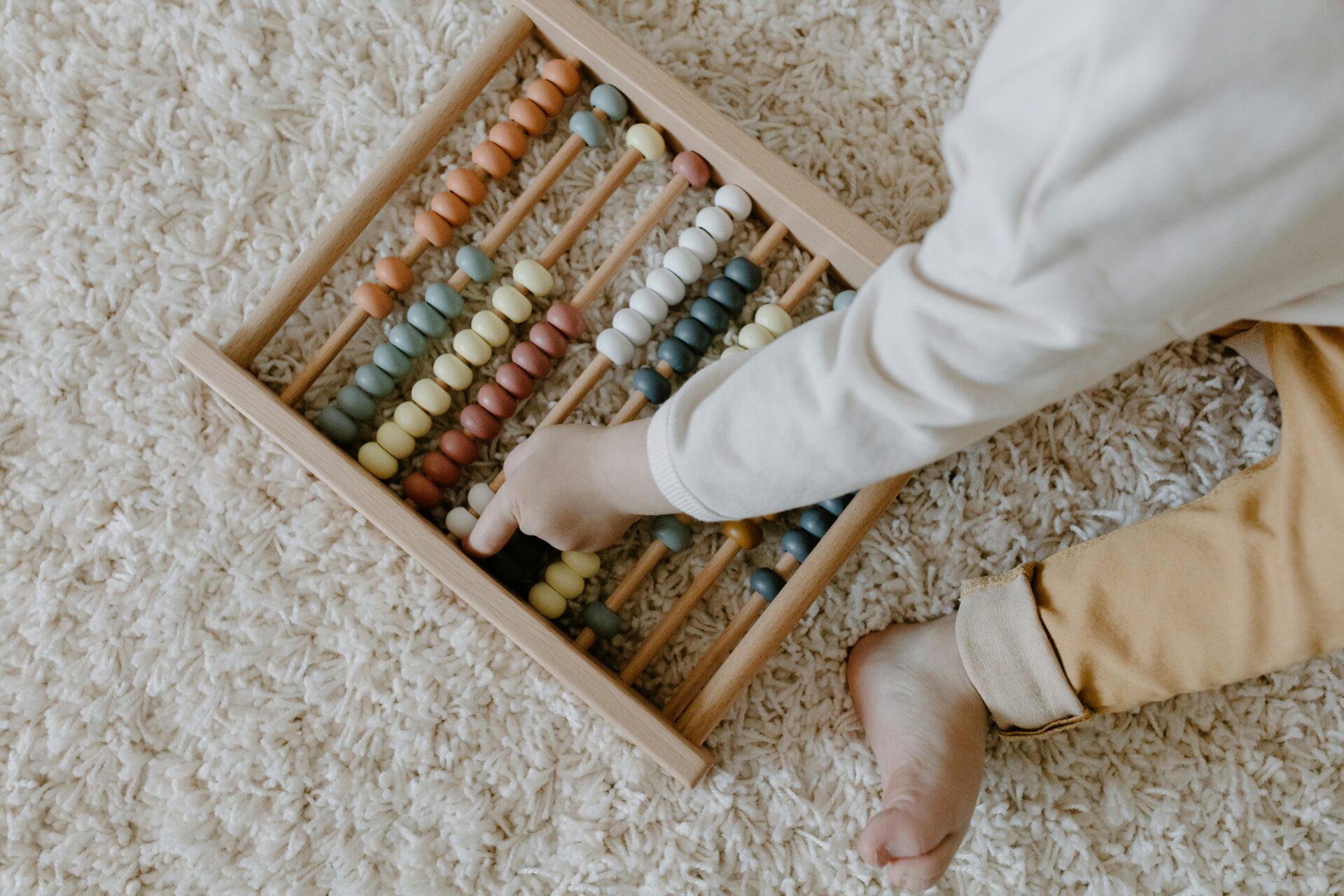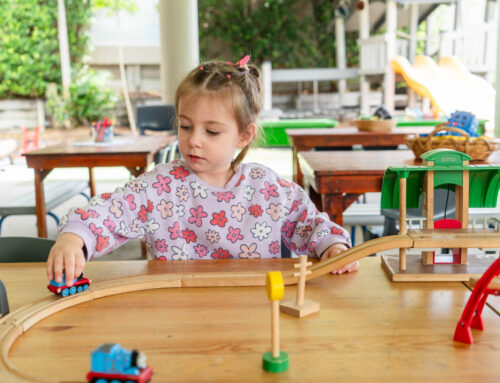In the early years, learning is not confined to paper or screens — it happens through doing, exploring, and engaging all the senses. Hands-on learning is more than just a popular approach; it is a foundational aspect of early childhood education and a key component of how young children make sense of the world around them. At Arden Early Learning, hands-on learning is woven throughout the day, whether children are investigating insects in the garden, experimenting with colours at the art table, or building complex structures with blocks. These rich experiences support brain development, help children make real-world connections, and promote independence.
The Early Years Learning Framework (EYLF), Australia’s national guide for early education, highlights the importance of active, play-based learning that fosters skills like resilience, cooperation, and inquiry (https://www.education.gov.au/early-years-learning-framework-0). Through tactile experiences, children develop fine motor control, concentration, and the ability to think critically and solve problems. Beyond academic benefits, hands-on learning also supports emotional wellbeing. When children are engaged in meaningful activities that interest them, they develop confidence in their abilities and a sense of agency. They learn to take risks, ask questions, and explore new ideas — essential qualities for lifelong learners. By embracing a hands-on approach, Arden encourages each child to become a curious, capable explorer. Whether it’s measuring ingredients in a cooking activity or observing the life cycle of a butterfly, every experience is an opportunity to learn through doing. This type of active engagement lays the foundation not only for school readiness but also for a deeper, lasting love of learning.





